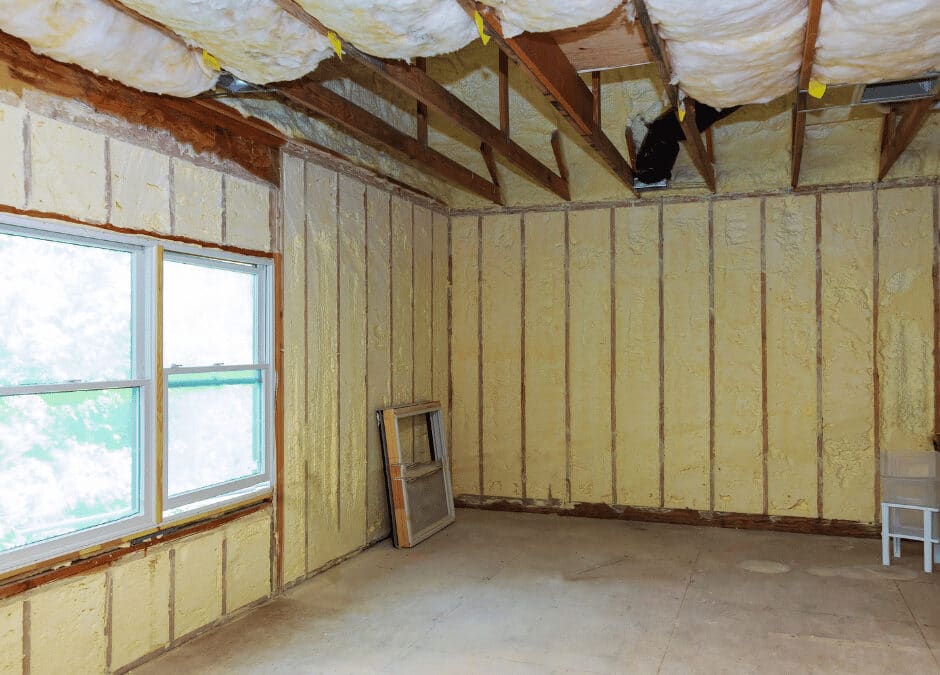When it comes to insulation, one of the most important things to consider is R-value. R-value is a measure of how well a material resists heat flow. The higher the R-value, the better the insulation. There are many factors that can affect the R-value, such as thickness, density, and type of material. For example, a thick layer of fiberglass insulation will have a higher R-value than a thin layer of the same material. Likewise, a dense material like closed-cell foam will have a higher R-value than a less dense material like fiberglass. As a result, it is important to consider all of these factors when choosing insulation for your home. By understanding R-value, you can make sure that your home is well-insulated against heat loss.
Is Higher R-Value Better?
When it comes to insulation, one of the most important things to consider is R-value. R-value is a measure of how well a material resists heat flow. The higher the R-value, the better the insulation. There are many factors that can affect the R-value, such as thickness, density, and type of material. For example, a thick layer of fiberglass insulation will have a higher R-value than a thin layer of the same material. Likewise, a dense material like closed-cell foam will have a higher R-value than a less dense material like fiberglass. As a result, it is important to consider all of these factors when choosing insulation for your home. By understanding R-value, you can make sure that your home is well-insulated against heat loss.
What’s the Right R-Value for My Home?
Homeowners often wonder what the best R-value is for their homes. The answer depends on a number of factors, including the climate, the type of home, and the level of insulation already in place. In general, however, the higher the R-value, the better. This is because a higher R-value indicates better insulation, which means less heat loss in winter and less heat gain in summer. As a result, homes with high R-values are more comfortable year-round and can also help to save on energy costs. When it comes to choosing the right R-value for your home, it’s important to consult with a professional. An experienced contractor will be able to assess your needs and recommend the best solution for your situation.
Does Climate Impact the R-Value?
The R-value is a measure of thermal resistance, which indicates how well a material resists heat flow. This value is important in the construction industry, as it can help to determine the insulation properties of a material. Climate can impact the R-value of material in two ways. First, the temperature can affect the R-value of some materials. For example, most insulation materials have a lower R-value at lower temperatures. As a result, materials with a higher R-value are better suited for colder climates. Second, humidity can also impact the R-value of some materials. For example, certain types of insulation can absorb moisture from the air, which reduces their R-value. As a result, it is important to consider both temperature and humidity when selecting an insulation material for a particular climate.


Its not my first time to pay a visit this web site, i
am visiting this web site dailly and take good information from here daily.